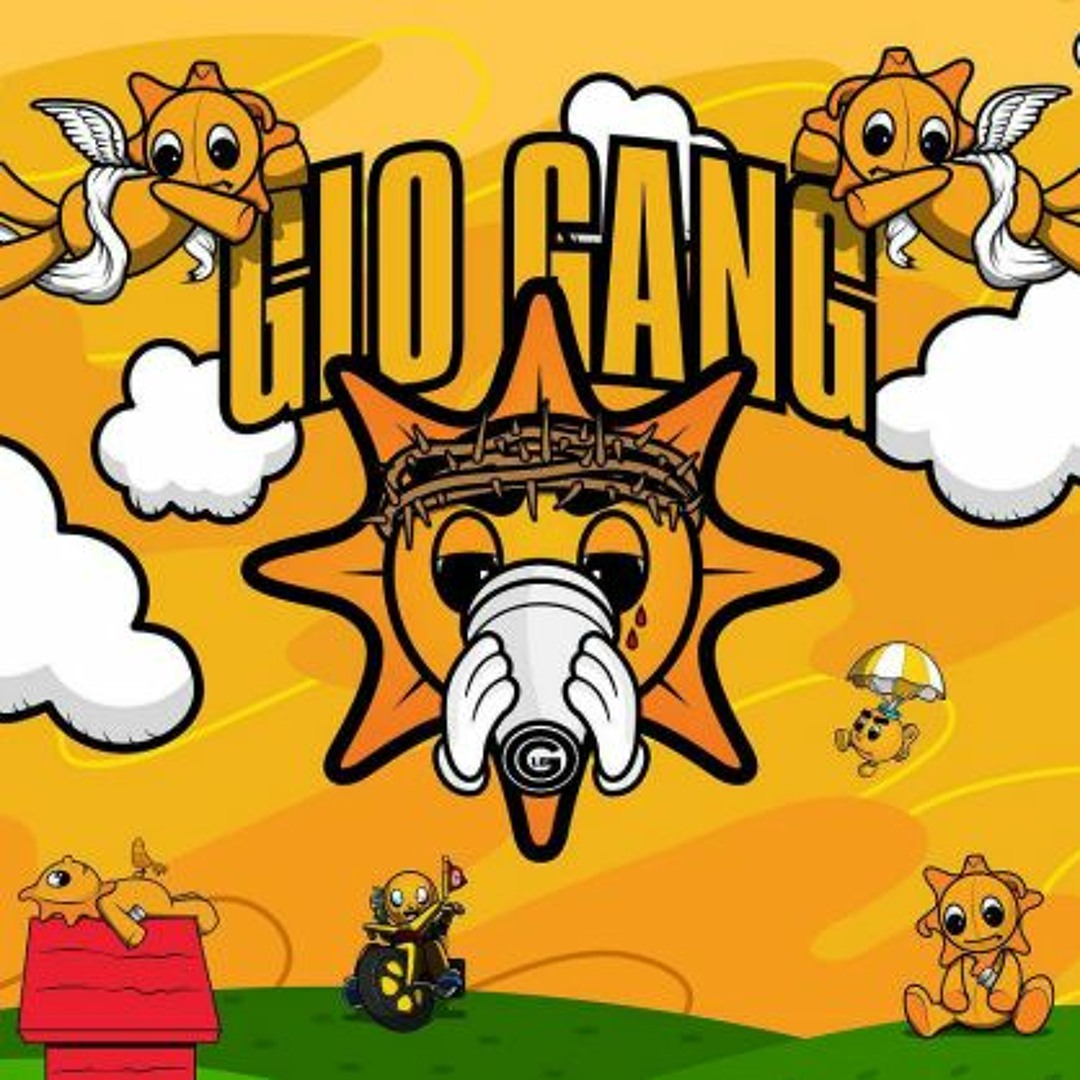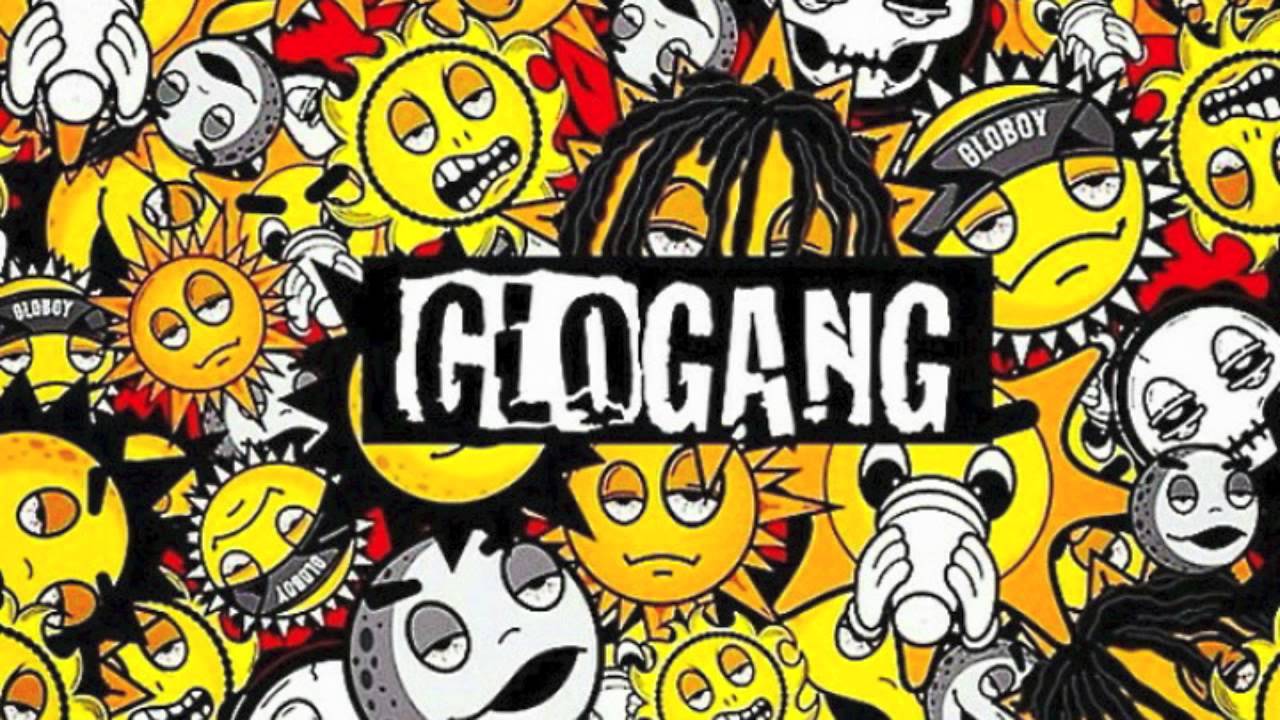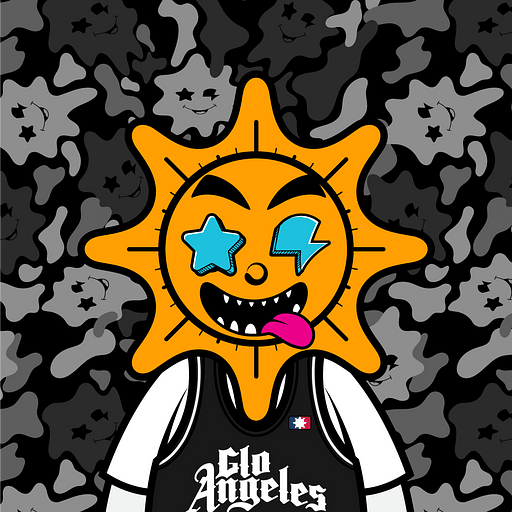Glo Gang, also recognized as Glory Boyz Entertainment, is a leading hip-hop collective founded by the influential rapper Chief Keef. Emerging from the Chicago drill scene, Glo Gang is celebrated for its distinctive sound, which has played a pivotal role in shaping modern rap music. Chief Keef, a trailblazer in the genre, established Glo Gang to collaborate with like-minded artists and amplify the raw, aggressive style that characterizes drill music. The collective has made significant contributions to contemporary hip-hop, both through its innovative music and its impact on the genre’s evolution. This comprehensive guide delves into Glo Gang’s origins, explores the key members who have driven its success, highlights its notable achievements, and examines its lasting influence on the music industry. By understanding Glo Gang’s journey and impact, one gains insight into its crucial role in the development of modern hip-hop.
Origins and Formation

Glo Gang was established by Chief Keef, born Keith Cozart, in the early 2010s. Hailing from Chicago, the collective quickly became a prominent force in the drill music genre, a subgenre of rap renowned for its gritty and aggressive style. Chief Keef, acclaimed for his raw, unfiltered lyrics and distinctive delivery, founded Glo Gang to bring together like-minded artists who shared his innovative vision and musical direction. The collective’s formation marked a pivotal moment in drill music’s evolution, with Chief Keef leading the charge in redefining the genre’s sound. By assembling a group of artists with similar artistic values, Glo Gang played a crucial role in shaping the drill movement, influencing countless others in the hip-hop scene and establishing a new standard for contemporary rap music.
Key Members

Glo Gang features several prominent members who have made substantial contributions to its success. Key figures include:
- Chief Keef: The founder and leading force behind Glo Gang, Chief Keef is renowned for his groundbreaking work in drill music. His debut single, “I Don’t Like,” brought him significant attention and set the stage for Glo Gang’s rise.
- Fredo Santana: A close collaborator and cousin of Chief Keef, Fredo Santana was known for his deep voice and dark lyrical themes. His work with Glo Gang helped to further define the collective’s sound.
- Lil Reese: Another key member, Lil Reese, contributed to Glo Gang with his distinctive flow and impactful lyrics. His collaborations with Chief Keef and Fredo Santana played a crucial role in the group’s early success.
- Tadoe: Known for his energetic style and frequent collaborations with other Glo Gang members, Tadoe added a dynamic element to the collective’s music.
Musical Style and Influence

Glo Gang’s music is characterized by its dark, aggressive, and raw sound. The collective’s influence extends beyond drill music, impacting various aspects of hip-hop culture:
- Production Style: The use of heavy bass, minimalistic beats, and atmospheric sounds defines Glo Gang’s production style, creating a distinct auditory experience.
- Lyrical Themes: Glo Gang’s lyrics often focus on themes of street life, struggle, and resilience, reflecting the collective’s authentic and gritty perspective.
- Cultural Impact: The success of Glo Gang has contributed to the broader acceptance and recognition of drill music, inspiring artists and fans alike.
Challenges and Controversies

Despite its success, Glo Gang has faced various challenges and controversies. Internal conflicts, legal issues, and feuds with other artists have occasionally overshadowed the collective’s achievements. Nevertheless, Glo Gang’s resilience and continued relevance in the music industry highlight its enduring impact.
Glo Gang, spearheaded by Chief Keef, has made a significant mark on the hip-hop landscape. With its pioneering role in the drill movement, notable achievements, and influential members, the collective remains a key player in contemporary rap music. Understanding Glo Gang’s origins, contributions, and challenges provides a comprehensive view of its role in shaping modern hip-hop. As the collective continues to evolve, its legacy and influence will likely endure, reflecting the dynamic nature of the music industry.

